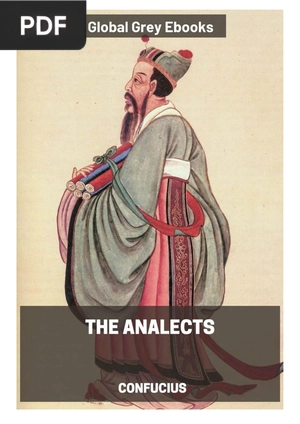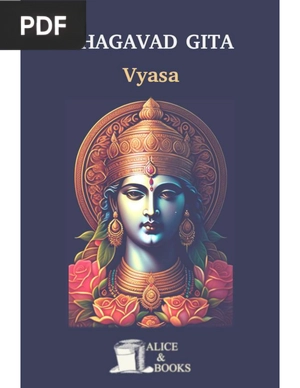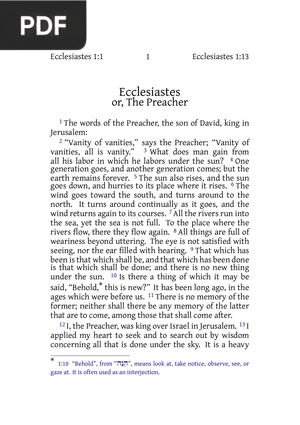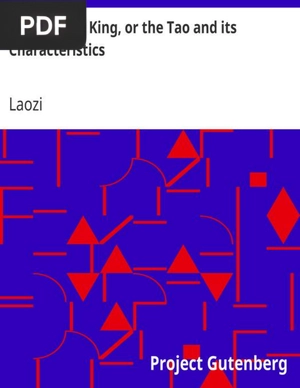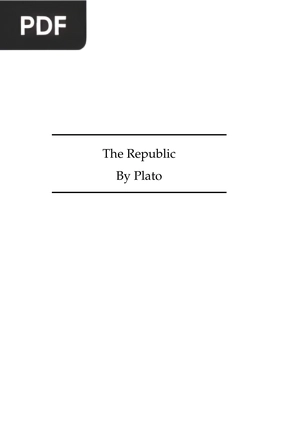Meditations
Author: Marcus Aurelius
*Please wait a few seconds for the document to load; the time may vary depending on your internet connection. If you prefer, you can download the file by clicking the link below.
Loading PDF...
Document Details
Title: Meditations
Author: Marcus Aurelius
Pages: 111
Size: 0.63 MB
Format: PDF

